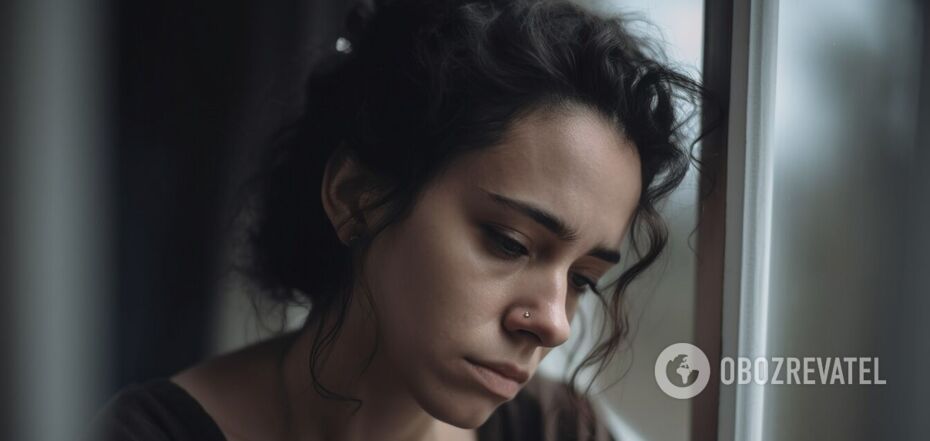Life
What happens if you sleep less than 6 hours every day: an expert's answer
Sleep is vital for our body. A full, quality rest at night helps to recover and fill with strength.
It takes eight hours of sleep for a person to feel well, but most only spend six hours on it. BBC Science Focus has gathered the opinions of experts on the subject.
According to the US National Sleep Foundation, adults need seven to nine hours of sleep each night.
The recommended sleep duration for children 4-12 months is 12-16 hours; 1-2 years - 11-14 hours; 3-5 years - 10-13 hours; 6-12 years - 9-12 hours; 13-18 years - 8-10 hours; 18 years and older - 7 hours or more.
However, not every person needs the same amount of sleep every night.
According to Alice Gregory, a professor of psychology at Goldsmiths University in London, some people need more sleep than others, but things change over the course of a lifetime.
Various factors and circumstances, such as illness, can affect the length of sleep.
"For some people, six hours of sleep per night may be enough. The National Sleep Foundation emphasizes each body's individual differences and notes that for some, a little less or more sleep than recommended is enough," Gregory said.
She added that there are some people who sleep six hours but are lucky with their genetics and feel fine.
"The number of people who can feel fine on less than six hours of sleep and they don't have any abnormalities in their brain and body is really zero," said Matthew Walker, a professor of neurology at the University of California, Berkeley.
If you have trouble sleeping, you should follow the recommendations and extend the amount of rest you get at night. The brain can overestimate our ability to function when we are sleep deprived, so you should protect your body from sleep deprivation.
Sleep deprivation leads to serious health problems and can even lead to death. Losing one hour of sleep can have a major impact on the body.
A 2014 study published in the journal Open Heart found that there was a 24% increase in heart attacks the day after we lose an hour of sleep due to daylight saving time.
Researchers can't say exactly why daylight saving time increases the risk of heart attacks, but the day after the clock change is Monday and the loss of an hour of sleep could have been amplified by factors such as the stress of going back to work and a change in our sleep cycle earlier in the week.
Earlier OBOZREVATEL told how to fight insomnia and with the help of useful tips to improve the quality of sleep.
Subscribe to OBOZREVATELchannels in Telegram, Viber and Threads to keep up to date.



























